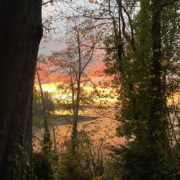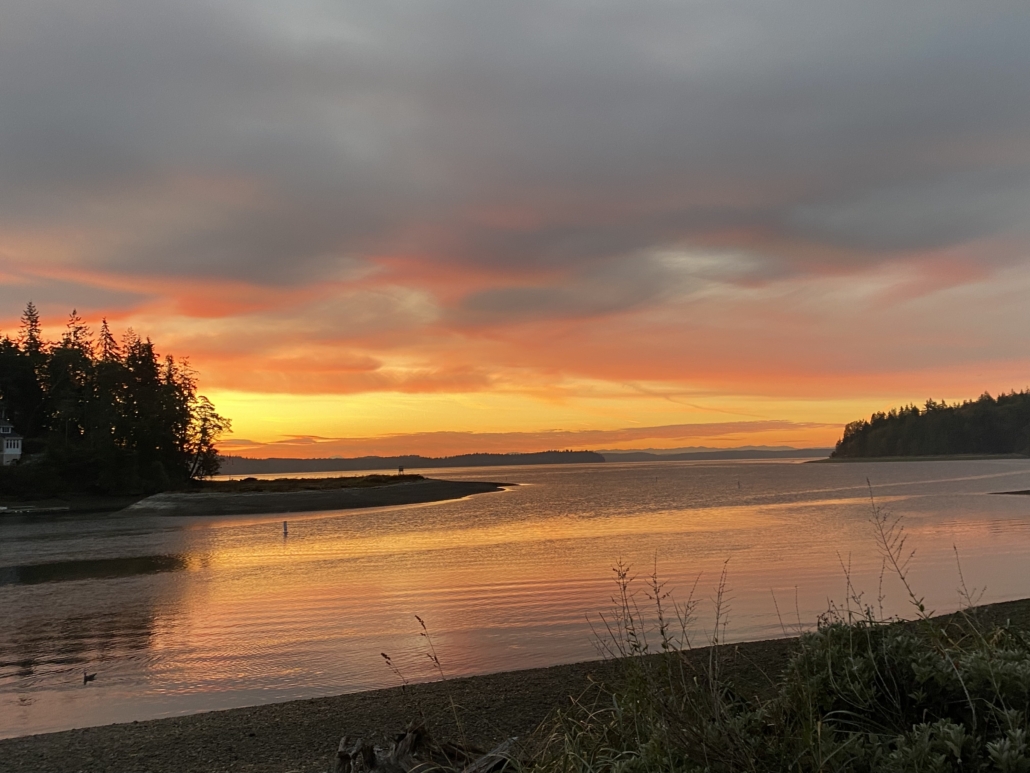Year’s End
It is New Year’s Eve — though this will post as January 1. Anyway, just a few thoughts to wrap up 2024 here at A Habit of Writing.
BUYING BOOKS?
Earlier this year, a reader asked me, Where do you find your books? The library, I think I said, or friends give them to me, or people send me a book with a request for a review. Thriftbooks.com is a good source when I need to purchase a book.
Well, forget that. This year I lost my mind and spent a ton of money on poetry books.
I’ve read a couple of these (see pic) — I have reviewed none.

My best excuse is that it was self-soothing behavior. Remember my spring CRI course, “Good Poetry for Hard Times”? Months ago I was already freaked out about the election, about Ukraine and Gaza, about climate change, and so on (and on).
Unsubscribing from a number of news feeds has helped. And poetry has helped. As a nutritionist once said to me, Why do we crave comfort food? Because we need comfort. At least there are no calories involved in reading poetry.
POETRY SUBMISSIONS
Not much to report this year. I began in September to send work out, but it was a half-hearted attempt and has not, so far, resulted in one single acceptance. I can report that I was invited to submit to several venues, and those poems found homes. More in 2025 when they are published.
THE POOR NEGLECTED BLOG
We will not feel too sorry for the blog — I came close to posting every week this year, and wrote a number of book reviews that appeared here, and elsewhere.
I did NOT do a good job keeping up the list of publications (see my CV tab). In March I contacted my webmaster and we made plans for new pictures, some new formatting, etc. — I had high hopes! — and then that fell flat, too. Somehow, the energy never appeared.
Voracious Reading and Writing, in General
I mean, I do after all have a Ph.D. in literature, and — from girlhood on — “reader” has always been the main listing on my calling card. So if this is my year-end brag post I should let you know I read more than poetry. I read mystery novels, of course (research!).
I also read some literary novels: Haven by Emma Donoghue, Hard by a Great Forest by Leo Vardviashvilli, Pearl by Siân Hughes (a debut novel by a poet! it took her 20 or 30 years to write! I think we might be twins separated at birth!), and Whale Fall by Elizabeth O’Connor. I reread Bring Up the Bodies by the late great Hilary Mantel. I’m happy to recommend any of these.
As for writing — that continues, every day. I am within a week or so (maybe a month) of having my second mystery novel ready for beta readers. I’ve also kept up with my poem-a-week practice. (Not that all the poems are “good” poems.) I think I’m on the verge of cobbling together the next poetry book. We will see.
TEACHING / COACHING
Now, this category, I can brag on. I worked with two poets in 2023 and 2024, and each of them has a book coming out, early in 2025. I reviewed John Egbert’s book here. I’ll review the other when I have the final ms. in my hands.
I already mentioned my first Creative Retirement Institute (CRI) class, and I am happy to report that my two proposals for 2025 courses have been accepted.
Winter quarter: “Emily Dickinson in the 21st Century”
Spring Quarter: “May Swenson and Friends”
CRI courses are inexpensive, and the whole catalog is worth a look. I highly recommend them.
My CRI offerings are sort of low-key lit courses, but I’m thinking about running my own zoom writing workshop alongside. I’ll keep the cost very low (in keeping with the doable cost of CRI courses). Contact me soon if you have a specific request about days and times.
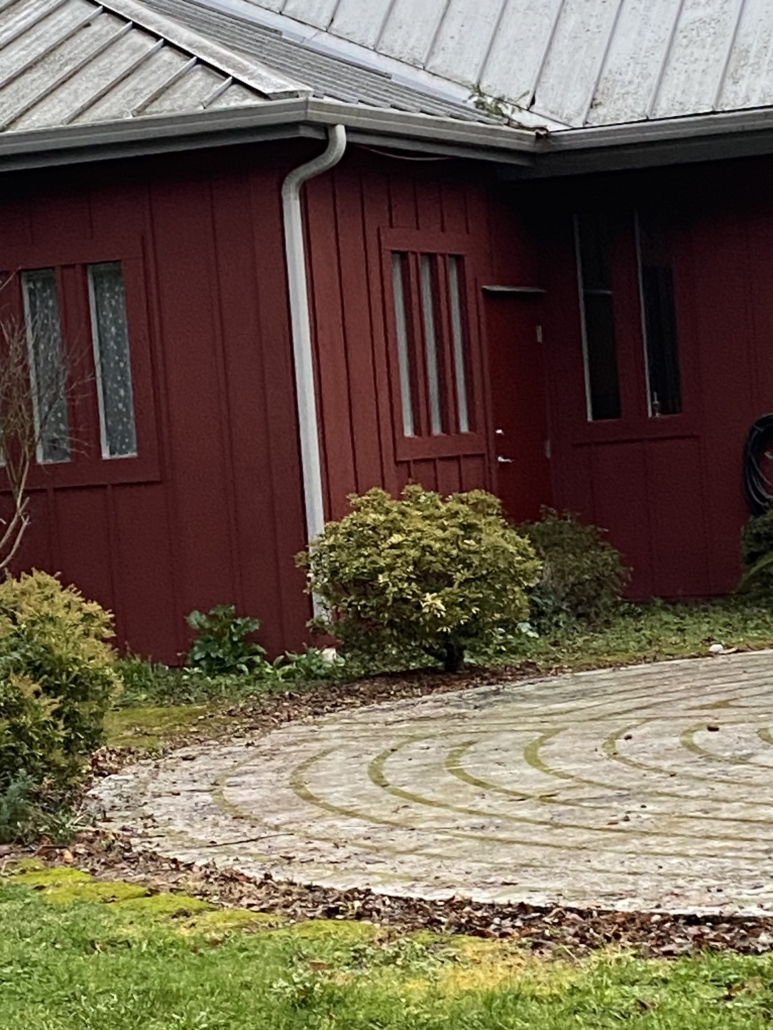
Labyrinth at St. Hilda’s / St. Patrick’s Episcopal Church
So that’s it — soon I WILL update the blog, including my list of publications. And you can expect me to be back in 2025 with more reviews of good poetry. For hard times, and for joyful times, too.

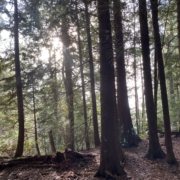
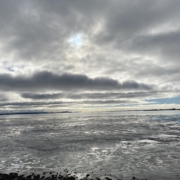
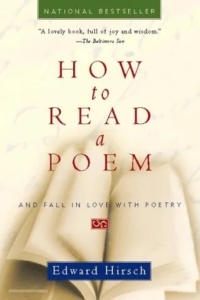 Fargnoli’s Necessary Light (Utah State Univ. Press, 1999). These, perhaps more than anything, help.
Fargnoli’s Necessary Light (Utah State Univ. Press, 1999). These, perhaps more than anything, help.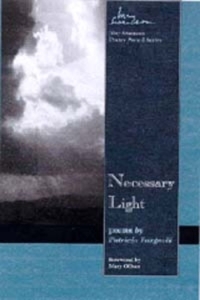
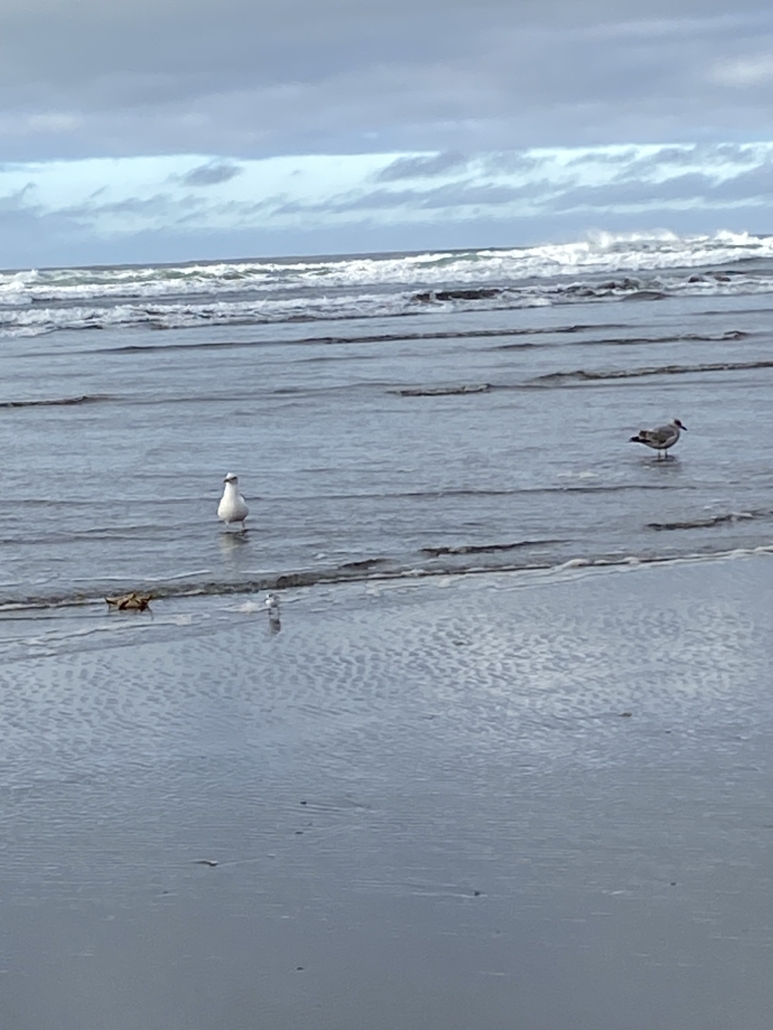

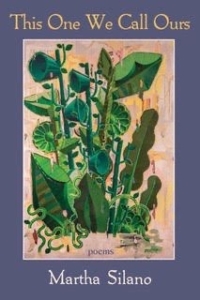 Before I forget, earlier this month I reviewed Martha Silano’s award-winning new book, This One We Call Ours, for Raven Chronicles. You can read the review
Before I forget, earlier this month I reviewed Martha Silano’s award-winning new book, This One We Call Ours, for Raven Chronicles. You can read the review  Kempton, maybe in March. I picked it up, to begin with, at my local library. After a couple chapters, I ordered my own copy and returned the library’s (with a hearty recommendation to the volunteer at the desk).
Kempton, maybe in March. I picked it up, to begin with, at my local library. After a couple chapters, I ordered my own copy and returned the library’s (with a hearty recommendation to the volunteer at the desk). What can I say about this wonderful book of writing advice from Susan Griffin, one of the leading eco-feminist writers of our time? Most of the chapters are quite short. Quoted passages from other writers punctuate the author’s chapters (some of my favorites, Grace Paley, Robert Caro, Le Guin). For instance:
What can I say about this wonderful book of writing advice from Susan Griffin, one of the leading eco-feminist writers of our time? Most of the chapters are quite short. Quoted passages from other writers punctuate the author’s chapters (some of my favorites, Grace Paley, Robert Caro, Le Guin). For instance: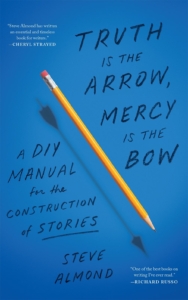 Comic? I liked it, well enough, but I let it get pushed aside by other books. Recently I picked it up again, and I’m so glad I did. I have called other writers and read passages aloud to them. (His stories about his children—Josie and the dread Babrika!—and about reading children’s books aloud, in particular.)
Comic? I liked it, well enough, but I let it get pushed aside by other books. Recently I picked it up again, and I’m so glad I did. I have called other writers and read passages aloud to them. (His stories about his children—Josie and the dread Babrika!—and about reading children’s books aloud, in particular.)